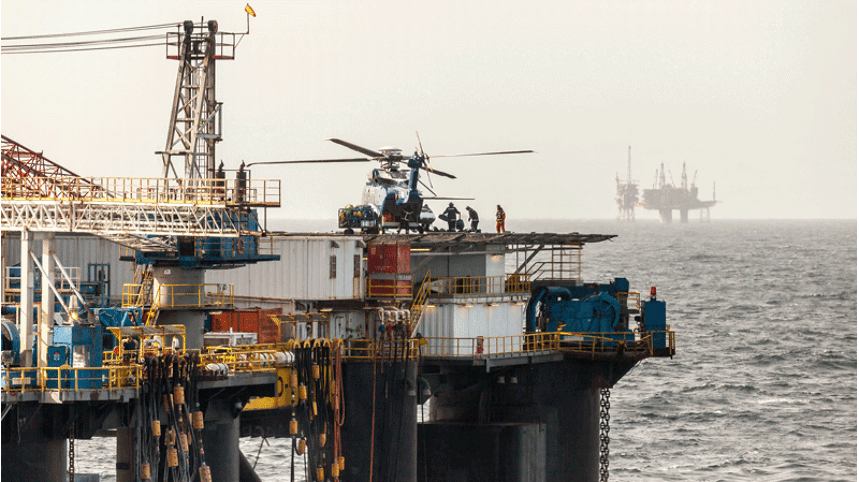Register for free and continue reading
Join our growing army of changemakers and get unlimited access to our premium content

Stock image
Uplift and Greenpeace are challenging the decision, made under Liz Truss, on the basis that the emissions generated from the consented projects would undermine the UK’s legally binding commitment to net-zero by 2050 and its signing of the UN’s Paris Agreement on climate change.
The crux of their arguments are that the Government has not properly assessed the greenhouse gas emissions from burning any oil and gas extracted from fields permitted under new licences.
Ministers are also being accused of failing to listen to its independent climate advisory body, the Climate Change Committee (CCC). The CCC stated in early 2022 that the Government’s climate “stress tests” for oil and gas projects are not sufficient. It urged the Government to consider a formal presumption against exploration, meaning that the vast majority of new licences would not be granted.
The North Sea Transition Authority began the controversial licencing round in October 2022 and it is expected to conclude in June. More than 100 new licences are on the table. While the round was decided under Truss, her successor Rishi Sunak’s Government has continued to support measures to expand oil and gas in the near-term.
At the High Court on Tuesday (25 April), Judge Waksman granted Uplift permission to challenge the licencing round in a full hearing. At the same court in a different room, Greenpeace was also granted permission to proceed with two of its grounds of challenge.
Uplift’s executive director Tessa Khan said: “We are arguing that the government’s process for appraising new fields, the Offshore Energy Strategic Environmental Assessment, unlawfully failed to take into account the burning of these UK-produced fossil fuels. Moreover, we argue that the government’s ill-named ‘climate compatibility’ test for new licences is clearly meaningless. It won’t stop a single new licence, yet we know there can’t be any new oil and gas developments if we’re to limit warming to 1.5C.”
To Khan’s latter point, the International Energy Agency’s (IEA) pathway to a net-zero global power system by 2050 is predicated on an end to additional oil and gas developments before those already agreed before the end of 2021. The Intergovernmental Panel on Climate Change (IPCC) has reached a similar conclusion.
Khan also combatted the Government’s argument that new oil and gas can contribute to domestic energy security, especially amid the energy price crisis. She said: “New oil and gas fields will do absolutely nothing for consumers struggling with unaffordable energy bills: it will take years to produce, will be sold back to us at global prices and, anyway, most of what’s left is oil for export. Unlike renewable energy, it won’t lower bills.”
The news from the High Court follows a weekend in which more than 70,000 people gathered in Westminster to demand science-based policymaking in response to the climate crisis. The Government has stated that it will not hear demands issued in this way.


But HMG is not composed of chemists and physicists
Sorry.